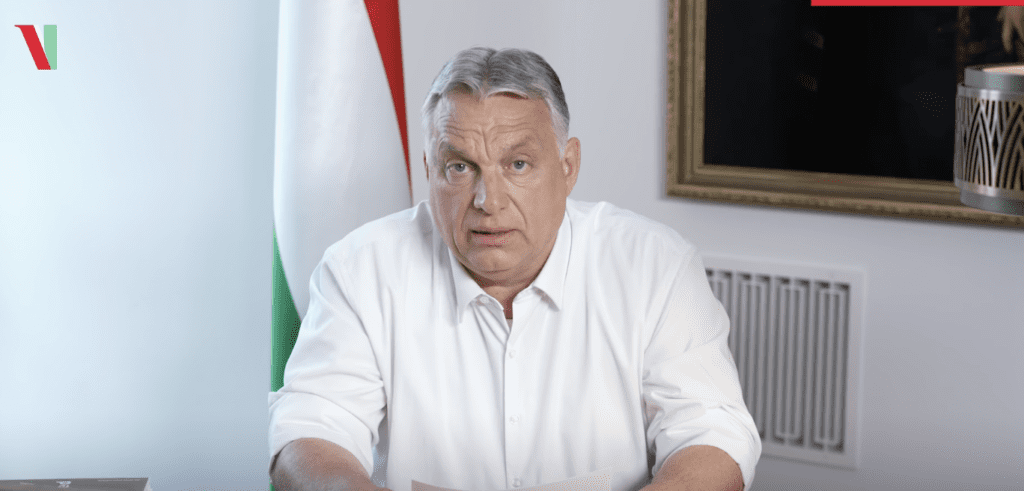
Prime Minister Viktor Orbán will impose a temporary windfall tax on banks and multinational corporations who have reaped extra profits from the Ukraine war.
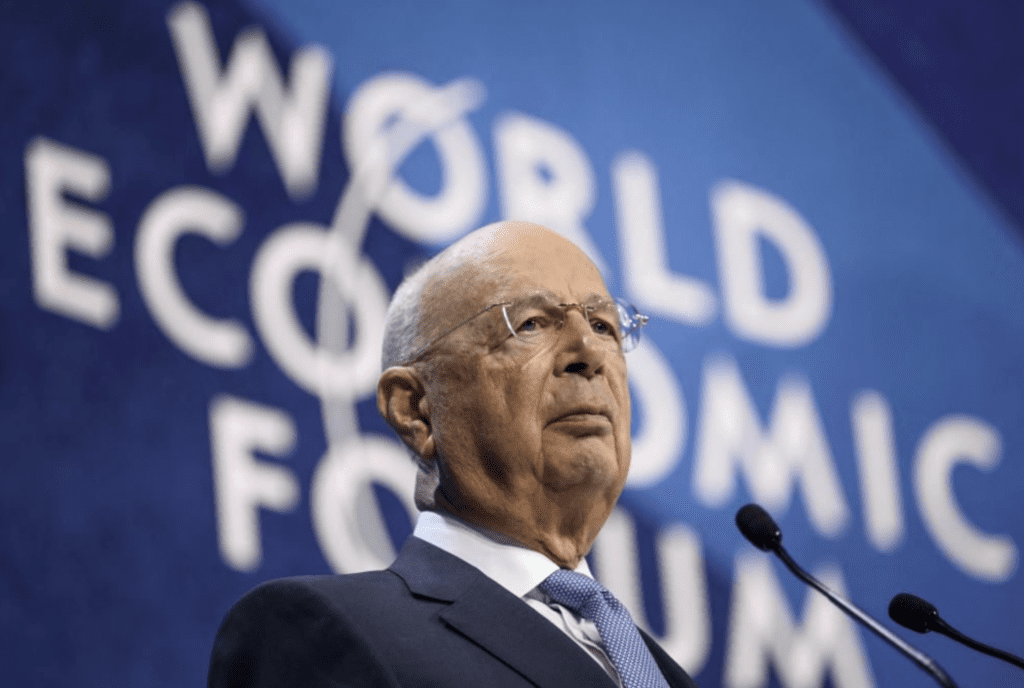
During remarks at this week’s WEF Summit in Davos, the chief architect of the so-called ‘Great Reset’ said: “The future is not something that just happens. The future is built by us, by a powerful community, as you here in this room.”
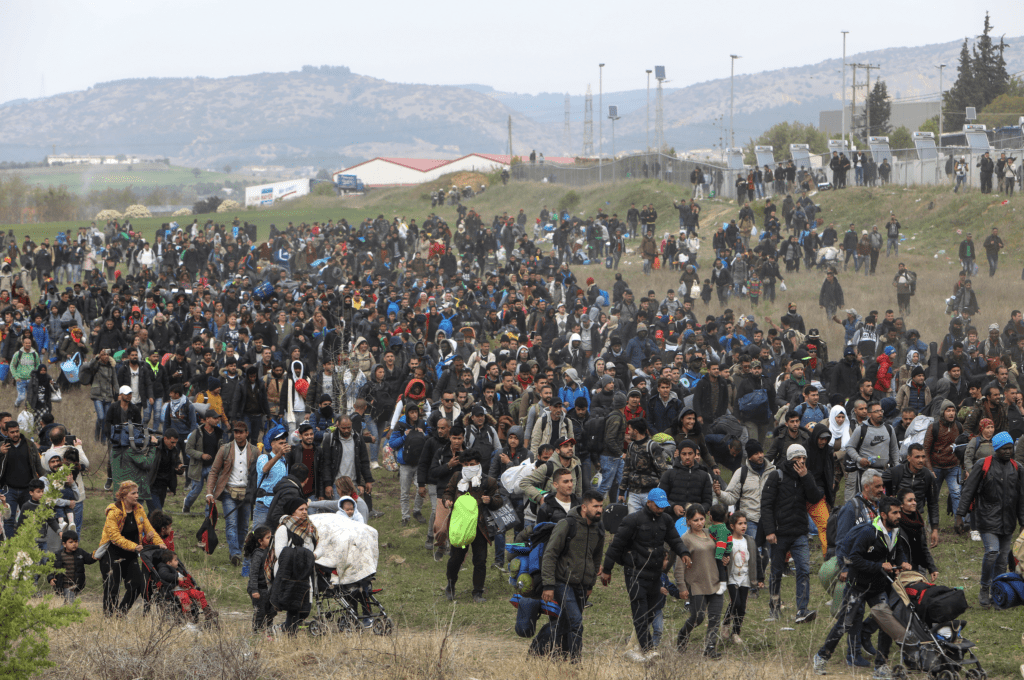
Frontex, the EU’s border agency, recorded 57,800 illegal entries to the bloc between January and April of this year, representing an increase of 69% compared to the same period last year.
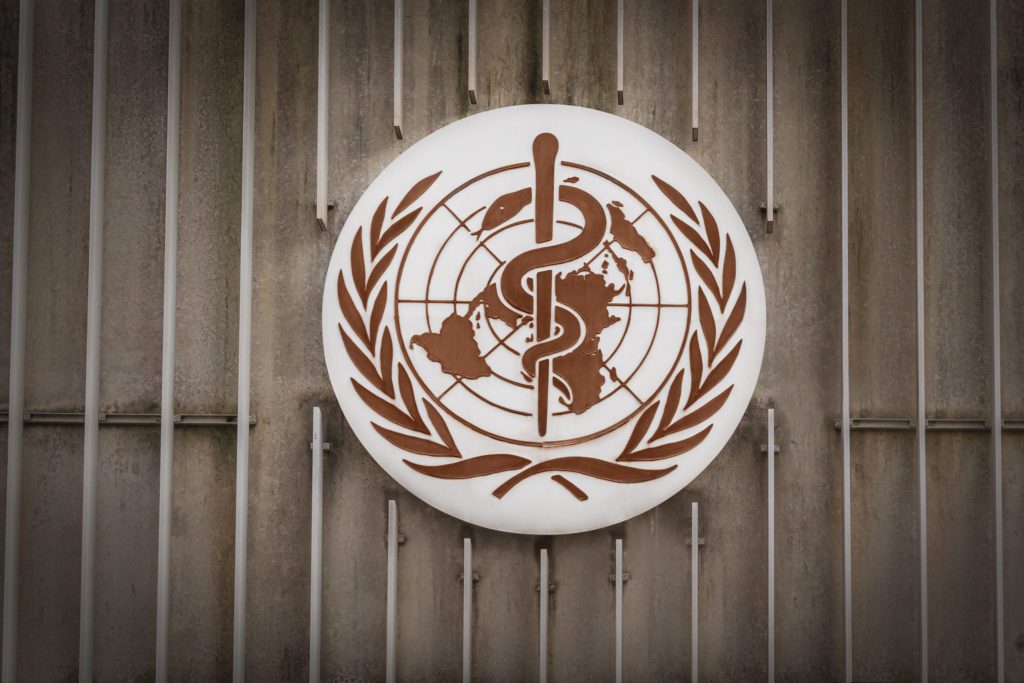
The WHO is seeking to amend the International Health Regulations and impose a global pandemic treaty, both of which would grant the global health body new far-reaching powers that would allow it intervene in the affairs of nation-states in the event of a future pandemic.
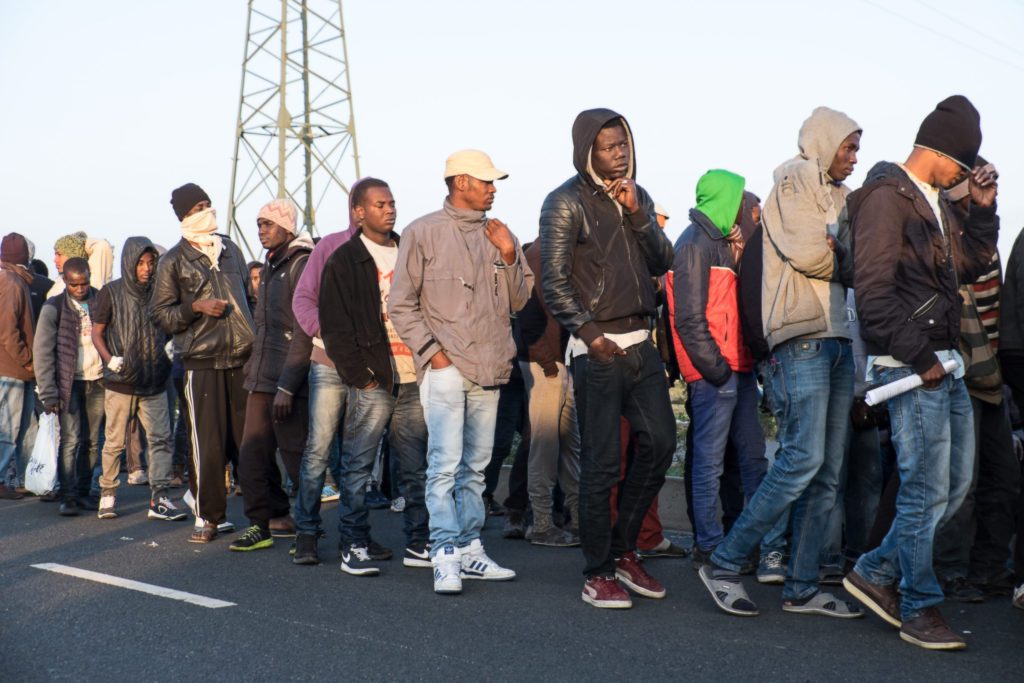
The proposal—put forward the chair of the German Trade Union Federation—would place rejected asylum seekers on equal footing with unemployed German workers, allowing them to receive 449 euros from the state each month.

The ring exchange agreement—which was never binding between the two parties—failed to materialize after Germany stated that could not fulfill Morawiecki’s government’s demands for the latest version of the Leopard tank.
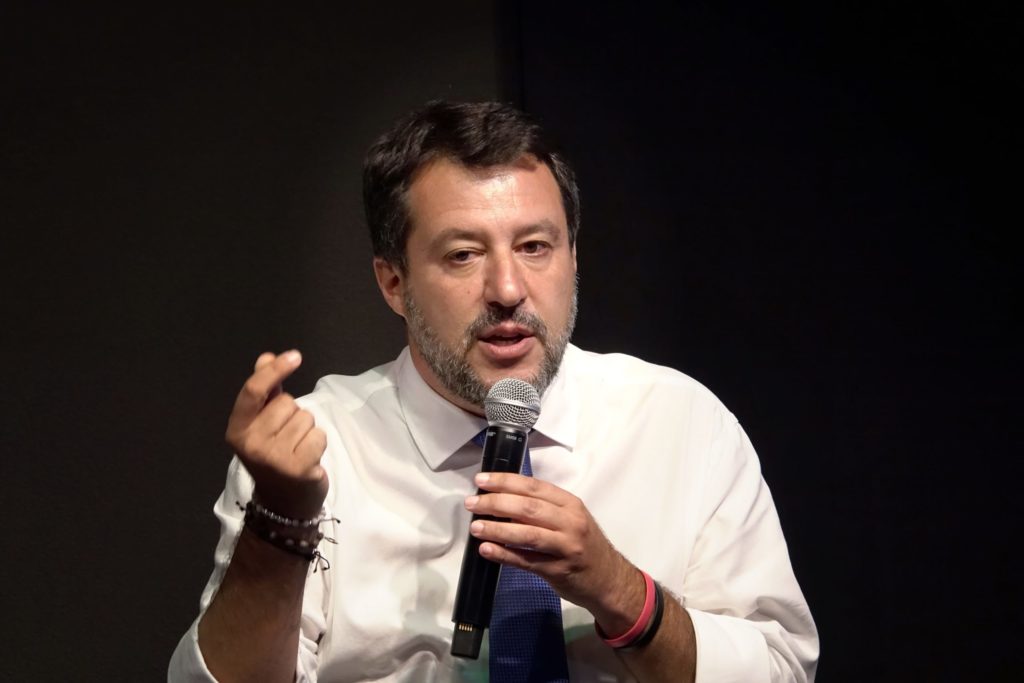
If Ukrainian grain shipments continue to be affected, “significant hunger is expected on the African continent, which will be a humanitarian, then a social, and finally an Italian problem. Without peace, there will be famine in the autumn and 20 million Africans will be ready to leave,” Salvini said.
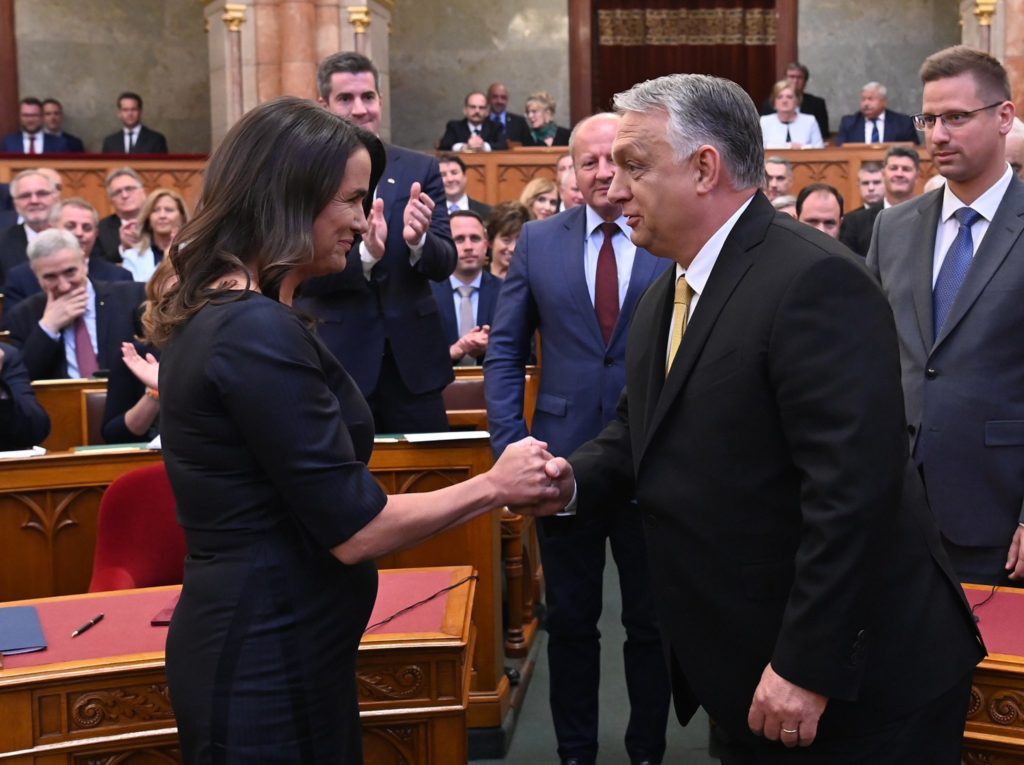
In his first parliamentary address since April’s landslide victory, Prime Minister Orbán—who took the oath of office for the fifth time—gave a thoroughly sobering prognostication of the decade ahead.

In a display of steadfast national and religious unity, the inaugural ceremony brought together everyday, working Hungarians, principal political leaders, and Catholic, Orthodox, Calvinist, Evangelical Lutheran prelates.
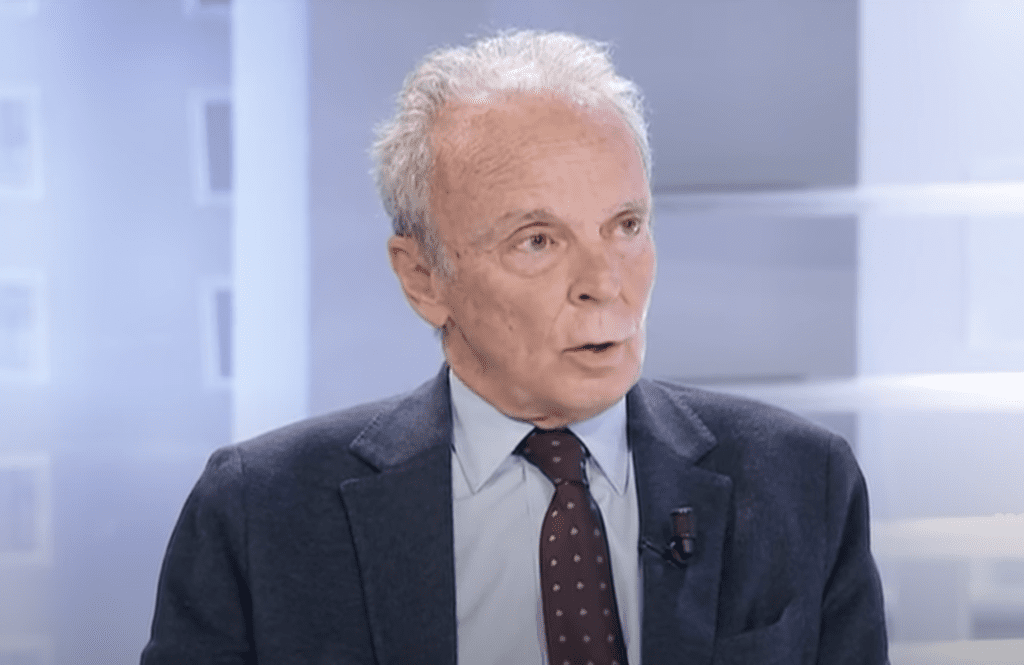
Ferdinando Nelli Feroci, an Italian diplomat who formerly served as a European Commissioner, has argued that—contrary to popular belief—in order to revise the European Union’s system of treaties, just 14 of the 27 European Union member states, a simple majority, would need to support the initiative.

France’s Leftist Coalition, led by Jean-Luc Mélenchon—who garnered nearly 70% of the Muslim vote in the first round of presidential elections—is expected to collect an overwhelming majority of the Muslim vote in legislative elections in June.
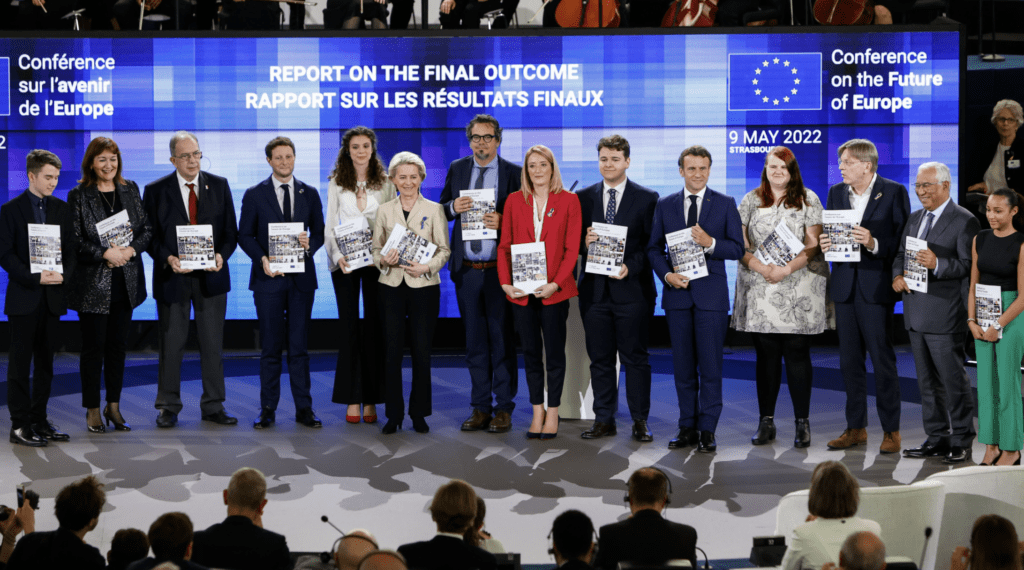
Since its inception one year ago, the Conference on the Future of Europe has been widely regarded as little more than a thinly-veiled attempt by globalist eurocrats to secure additional power over the bloc’s decision-making processes.